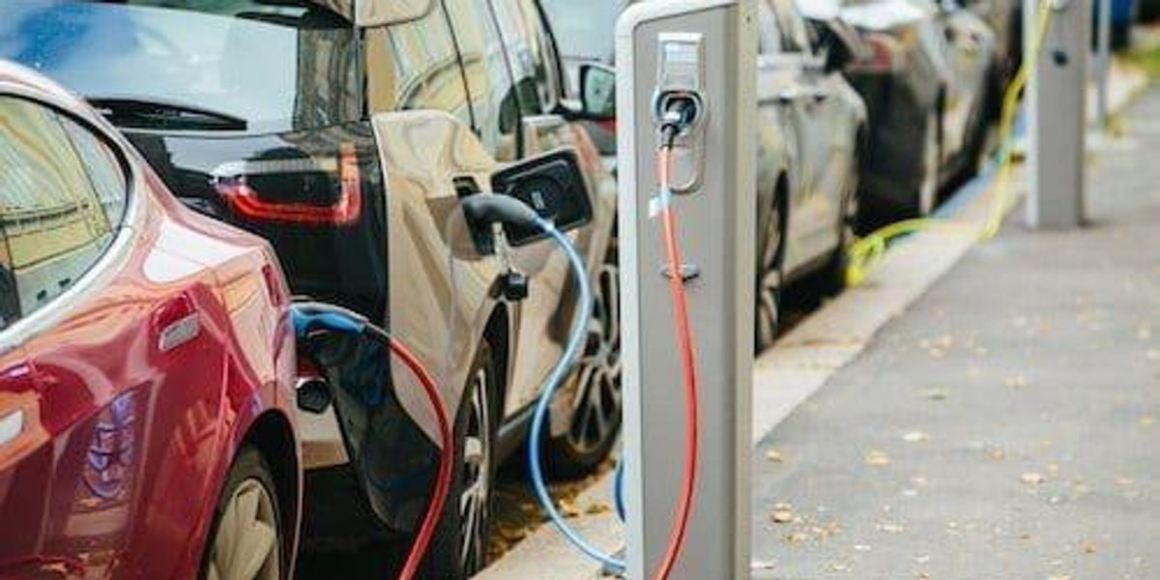Governments worldwide, federally and regionally are mandating environmental protection policies aimed at lowering carbon dioxide (CO2) emissions. Part of this is tied to finding opportunities in eWaste recycling, which provides added supply to the ever popular battery metals.
Despite being focused on energy conservation and efficiency, the EV industry and regulations around it have mostly ignored the implications of not recycling EV batteries, categorized as eWaste. This particular challenge opens the door for a budding industry targeting opportunities in eWaste recycling.
EVs are proof that fueling transportation through electricity rather than burning fossil fuels can significantly reduce emissions of GHG; up to 50 percent less GHGs are emitted from EVs compared to traditional transportation.
Governments worldwide mandating policies and enforcing compliance aimed at the billion-dollar auto industry is one of the main driving forces behind the forecasted dramatic growth of the EV market.
While the increase in EVs marks a promising environmental milestone, both automakers and lawmakers will now have to address the lifecycle of EV batteries, which often make their way into landfills.
This forecasted increase in spent EV batteries poses a currently unrecognized environmental risk. Though there is existing infrastructure in place in Canada, Mexico, China and the US to collect, transport and recycle EOL EV batteries, there are currently only a few companies that have the technology and capacity to recycle EV battery metals.
Governments such as China and the EU are starting to implement legislation that would make auto manufacturers responsible for recycling the lithium-ion batteries in the EVs they produce.
Some of the first large-scale recycling facilities are already underway. In March 2018, the Chinese government introduced the first recycling programs in four of its major regions. Chinese car manufacturers are responsible for the collection and recycling of EV lithium-ion batteries. The government is pushing EV manufacturers to inherit responsibility, and will contribute by providing policy supports and industrial funds for the trial operations. The Chinese government understands the excessive demand for lithium could mean a growing source of pollution, and is taking action now.
Though the legislation’s driving factor is environmental protection, the move also combats the rising costs and potential supply and demand concerns of EV battery materials, such as lithium and cobalt.
Federal governments around the world are starting to adopt similar legislation to comply with the Paris Agreement and national environmental standards.
As EV and battery production continues to grow on a global scale, eWaste is positioned as an emerging industry. The switch to EVs has opened up the potential for a notable market targeting EV battery recycling. As a result, companies are entering the market with sophisticated recycling technologies aimed at solving the EV battery recycling challenge while also capitalizing on the booming EV market.
As these companies look to enter into partnerships with battery and EV manufacturers across the globe, helping them to become environmentally compliant, there is an opportunity for investors to see positive results from an industry supported by strong government action.
This INNSpired article was written according to INN editorial standards to educate investors.
INN does not provide investment advice and the information on this profile should not be considered a recommendation to buy or sell any security. INN does not endorse or recommend the business, products, services or securities of any company profiled.


Leave a Reply